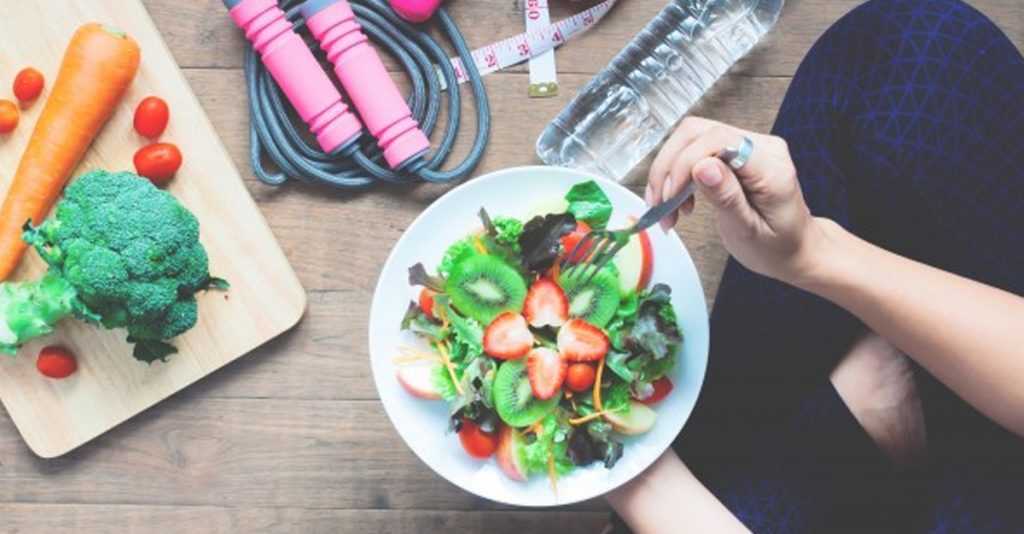Pregnancy is supposed to be one of the happiest moments of a woman’s life. But for many women, this is the time of fear, confusion, anxiety, and even depression. There are some researches that have shown that up to 33% of women experience clinical depression at some point during their pregnancy. It is just sad that most of the time depression is not diagnosed properly because people think it is nothing but just another type of hormonal changes. However, this assumption can be dangerous for the mother and the baby in the fetus. Depression during pregnancy is an illness that can be treated and mange. But it is important to seek out help because it won’t go away without treatment. Here are some helpful tips that can help you to cope with your Depression During Pregnancy.
Exercise:
Staying active and moving on most days can make a big difference in how you feel. In fact, exercise naturally increases serotonin levels and decreases cortisol levels. According to a study published in the journal Psychology and Health, women who exercise for 30 minutes, 4 times a week experienced fewer symptoms of depression and anxiety.


Get Adequate Sleep:
Getting adequate sleep when you’re pregnant can be tough but it is very important for your overall wellbeing. Lack of sleep greatly affects your body and mind’s ability to control stress, pressure, and day to day challenges during pregnancy. Try to establish a routine sleep schedule or at least aim to get 8 hours of sleep each night. Consulting with a gynecologist is the best option.
Must Read: 5 Best Gynecologists in Lahore
Find Support And Share Your Thoughts:
If you’re pregnant and you’re having a depression, talk to your friend or your partner. The more you talk about it, the less you feel stressed. It’s perfectly fine if you’re unable to cope with your depression alone. You don’t have to feel isolated from friends and family. Just connect with someone, ask for their support, and let them know how you’re feeling.
Diet And Nutrition:
Make good food choices and start taking foods that can help you feel better. There are many foods that have been linked to mood changes, the ability to handle stress, and mental clarity. Whereas diets high in caffeine, sugar, processed carbohydrates, artificial additives, and low protein can worsen your mental health issues as well as physical health. It is always advisable to consult with the dietician, in order to get the right diet plan.


There are also a number of herbal and vitamin supplements that can affect your mood and depression. But talk with your doctor before using any supplements. However, if you do not feel comfortable talking with your loved ones, find someone else to talk with or else seek help and get the right treatment.





